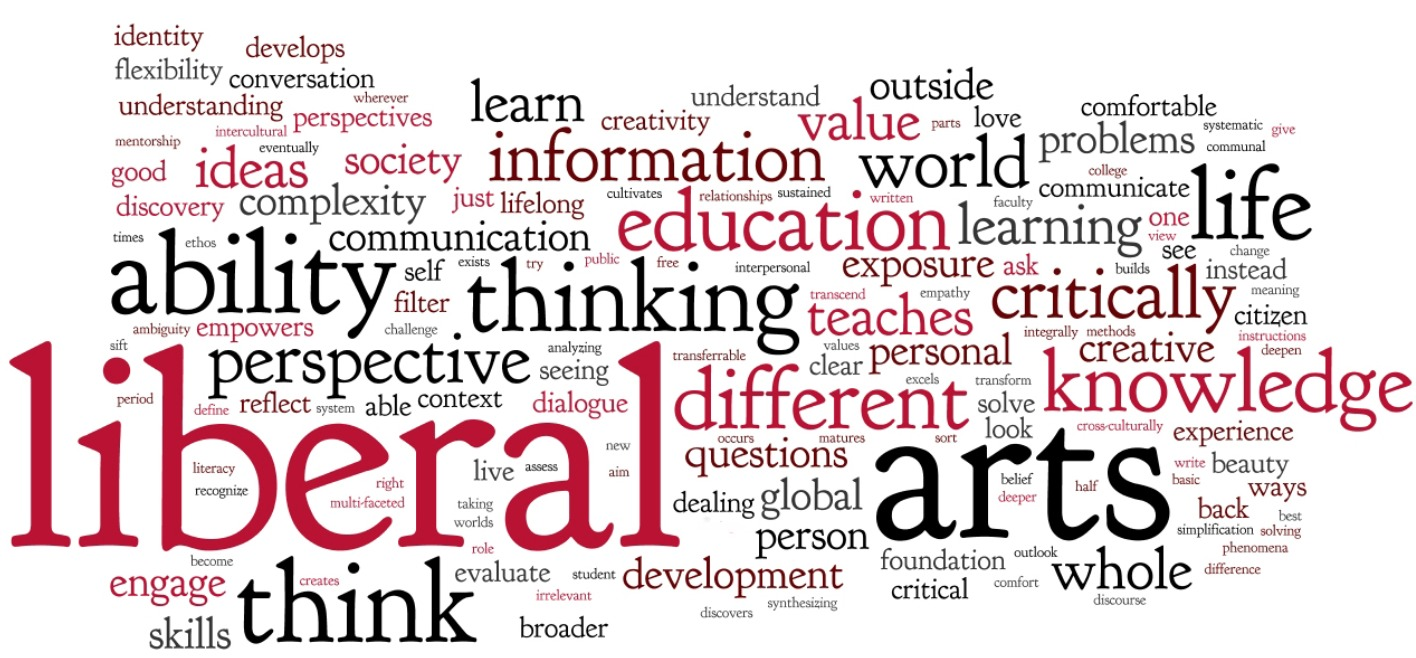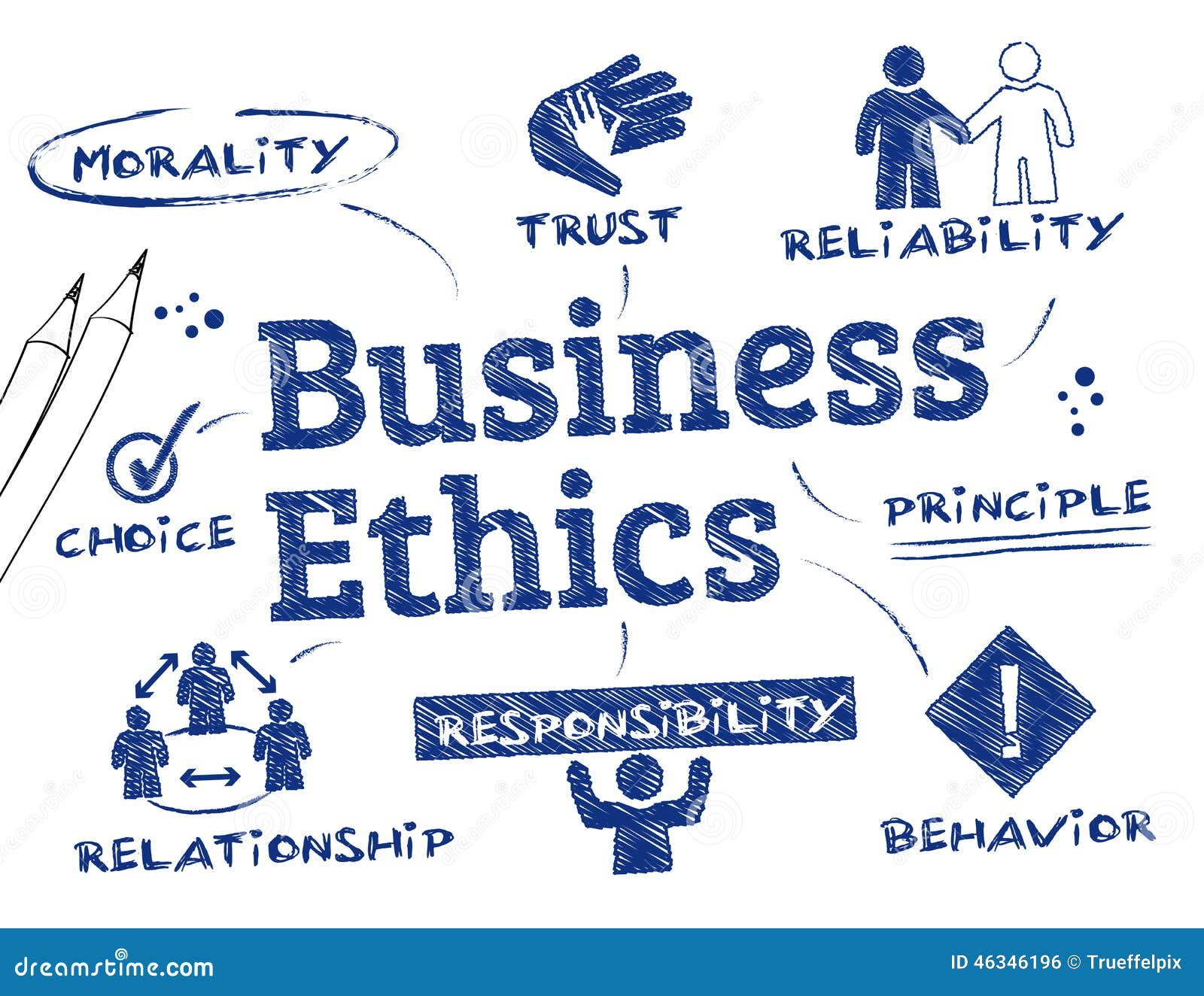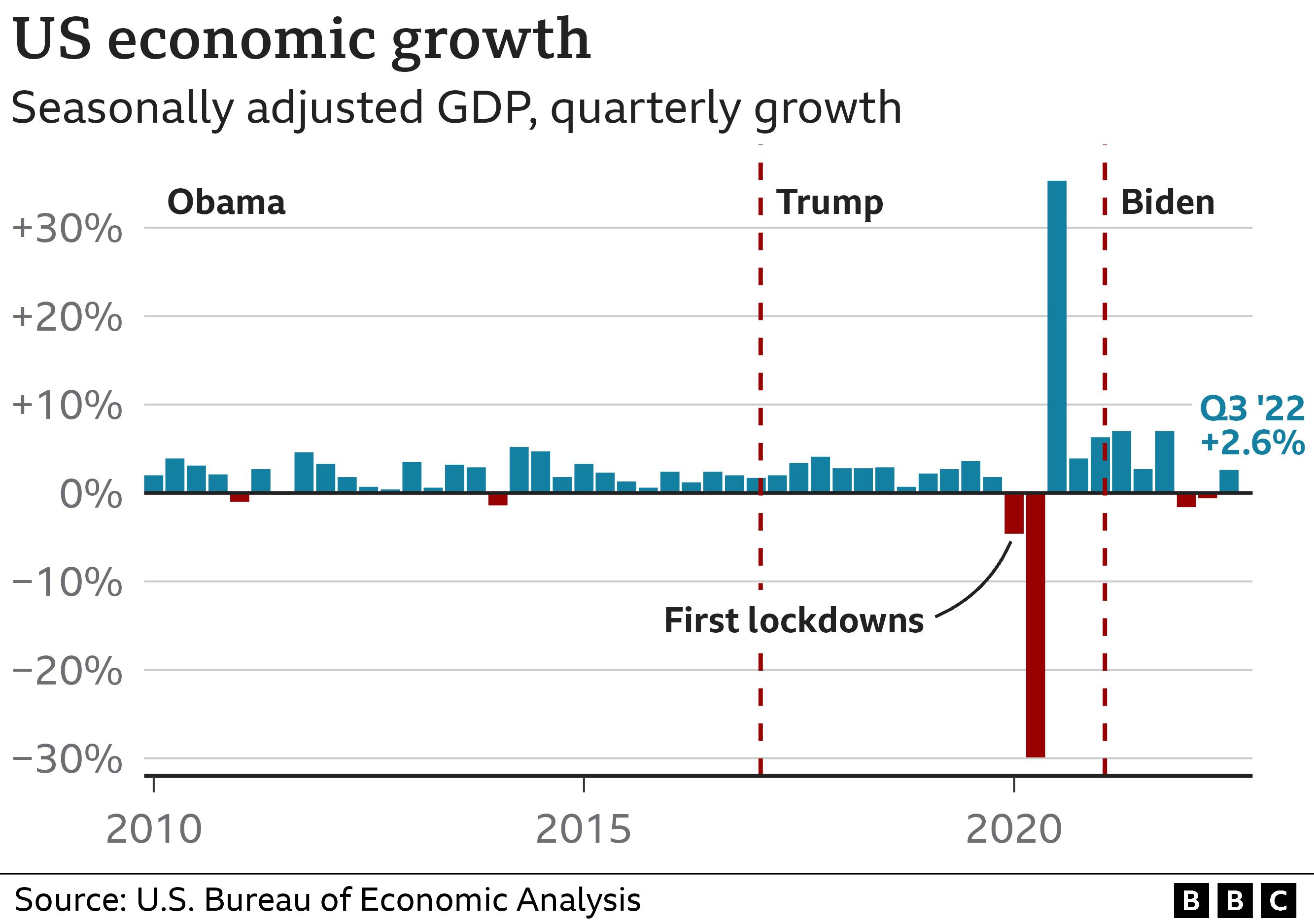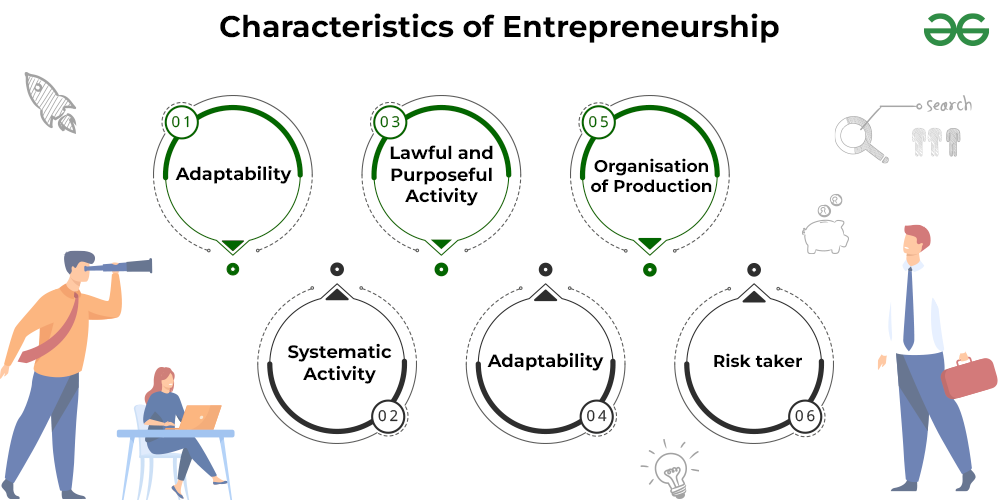Liberal arts education is often considered the cornerstone of a well-rounded academic experience, offering students the unique opportunity to explore a diverse range of disciplines—from the humanities to the sciences. This educational approach not only cultivates critical thinking skills but also prepares graduates for the complex demands of the job market. The benefits of liberal arts extend beyond the classroom; they foster creativity, adaptability, and effective communication, traits that are increasingly valued by employers. By emphasizing the importance of humanities, a liberal arts education equips students with the tools necessary to navigate and contribute meaningfully to society. In a rapidly changing world, the value of liberal arts lies in its power to cultivate informed, engaged citizens ready to tackle the challenges of tomorrow.
A holistic approach to education, often termed as a well-rounded academic experience, encompasses a variety of fields, including social sciences, arts, and natural sciences. This method focuses on developing analytical and critical reasoning abilities, which are essential in today’s fast-paced environment. Individuals seeking this broad spectrum of knowledge gain invaluable insights that translate into higher adaptability in various career paths. The significance of interdisciplinary study enhances not only personal growth but also societal progress. As we explore the importance of a diverse education, we see how such foundations can lead to a richer, more informed populace.
The Value of Liberal Arts Education in Today’s Job Market
In the current job market, where technology and specific skills dominate conversations about career readiness, the value of a liberal arts education might seem diminished. However, economists like David Deming argue that the skills nurtured through a liberal arts curriculum – critical thinking, adaptability, and effective communication – are precisely what employers need in a rapidly changing environment. Graduates with a liberal arts background are traditionally seen as more versatile, capable of approaching problems from multiple angles rather than being confined to a narrow skill set. This adaptability prepares them for various roles across many sectors, demonstrating that the value of liberal arts goes beyond immediate job placement.
Moreover, the emphasis on humanities in a liberal arts education fosters an understanding of societal structures and cultural contexts, which is essential for today’s interconnected world. As job functions evolve, the critical thinking skills and ethical perspectives developed from studying fields like philosophy, literature, and history become increasingly relevant. Employers are looking for hires who can navigate complex social dynamics and contribute to a diverse workplace, underlining the importance of the liberal arts in preparing students for future careers.
Developing Critical Thinking Skills Through Liberal Arts Education
At the heart of a liberal arts education is the focus on developing critical thinking skills. Programs encourage students to question assumptions, analyze different viewpoints, and construct well-reasoned arguments. This emphasis on critical analysis is not merely academic; it extends to everyday problem-solving and decision-making in various aspects of life, equipping graduates with the ability to assess situations astutely and take informed actions. By engaging with diverse subjects, students foster a broad understanding and sharpen their intellectual abilities, which are highly valued in the workforce.
Furthermore, this nurturing of critical thought is crucial as society faces an array of complex challenges, from social justice issues to technological disruptions. The capacity to dissect information critically is vital for anyone seeking to engage meaningfully in contemporary debates or workplace discussions. As the need for informed citizenship grows, the ability gained through a liberal arts education to think deeply and critically shapes more engaged and competent citizens, highlighting the importance and ongoing relevance of these educational programs.
The Importance of Humanities in Liberal Arts Education
Humanities play a pivotal role in any liberal arts education, encompassing disciplines such as literature, philosophy, history, and the arts. These subjects expose students to diverse cultures, historical contexts, and philosophical frameworks that enhance empathy and cultural competence. As Nancy Hill points out, the richness that comes from studying the humanities prepares students not just for jobs but for lifelong engagement in society. This engagement is rooted in an understanding of human experiences and values, fostering individuals who are informed, compassionate, and capable of contributing positively to the world.
Moreover, the humanities encourage students to reflect on their own beliefs and understandings, promoting a more nuanced view of knowledge. This reflective nature is crucial in a world filled with information overload and conflicting perspectives. By studying humanities, students learn to appreciate complexity and ambiguity, skills that are increasingly necessary in modern workplaces where collaboration across diverse teams is common. Therefore, the importance of humanities within a liberal arts education cannot be overstated; it shapes individuals who can navigate the intricacies of human interactions and society as a whole.
Transforming Perceptions of Liberal Arts Education
Despite the myriad of benefits associated with liberal arts education, there remains a perception that it is a luxury rather than a necessity. This notion can be disheartening, especially for first-generation and low-income students seeking access to a well-rounded education. As Susanna Siegel emphasizes, the belief that liberal arts are impractical can deter potential students from pursuing these courses, leading to a decline in enrollment in critical fields such as history and philosophy. Changing this narrative is crucial for revitalizing the importance of liberal arts within the educational ecosystem.
Innovative teaching approaches, combined with more robust public communication on the value of liberal arts, can bridge this gap. Educational institutions can better articulate how a liberal arts education enhances not only academic prowess but also equips students with essential life skills. Crafting outreach programs that resonate with current student demographics could help reframe liberal arts as an accessible and practical option for all students, reinforcing the idea that this type of education is integral to personal and professional development.
Liberal Arts Education and the Future of Work
As work environments evolve, so too does the demand for a workforce that can think critically and creatively. Liberal arts education prepares students to thrive amid uncertainty thanks to its focus on broad competencies rather than specialized technical skills alone. The insights from educators like David Deming highlight how a general approach fosters flexibility in students, enabling them to tackle unforeseen challenges throughout their careers. In an era where job descriptions are constantly being redefined, students equipped with a liberal arts background can adapt effectively.
Additionally, employers increasingly value soft skills, including communication, collaboration, and problem-solving abilities—areas where liberal arts graduates typically excel. By fostering an educational landscape that champions these attributes, institutions can ensure that their graduates are not only employable but also capable of leading and innovating within their fields. As industries shift, the liberal arts provide a vital toolkit for navigating the complexities of the future workforce.
Encouraging Diversity in Liberal Arts Education
While liberal arts education boasts numerous benefits, it is critical to ensure that it remains accessible to diverse student populations. The voices of educators like Nancy Hill amplify the need for inclusivity, advocating for students from all backgrounds to explore the expansive offerings of a liberal arts curriculum. Often, individuals from underrepresented groups face barriers that restrict their engagement with these invaluable educational experiences. Increasing awareness and providing comprehensive support can empower them to embrace the well-rounded learning that liberal arts education offers.
Moreover, fostering a diverse student body enriches the educational experience for all, as students share unique perspectives shaped by their distinct backgrounds. The wealth of ideas, cultures, and narratives represented in a liberal arts setting encourages deeper discussions and enhances critical thinking. By prioritizing diversity within liberal arts programs, institutions not only create a more equitable academic environment but also strengthen the fabric of society by cultivating informed citizens who appreciate complexity and multiculturalism.
The Return on Investment of Liberal Arts Education
One common concern regarding a liberal arts education revolves around its return on investment (ROI). Families considering the cost of college are often apprehensive about whether a liberal arts degree will lead to financial security. However, research indicates that while financial gains may not be immediate, liberal arts graduates tend to enjoy stable and gratifying career paths in the long run. Contrary to perceptions that STEM degrees offer superior financial returns, liberal arts graduates often see their earnings catch up over time, dispelling the myth that a liberal arts education is an economic liability.
Additionally, educational institutions can enhance their appeal by demonstrating how liberal arts programs instill essential life skills that transcend monetary value. The core competencies developed through study in the humanities form the foundation of effective communication, critical analysis, and ethical reasoning—qualities that are fundamental in any career. By showcasing both the intangible and tangible benefits of a liberal arts education, institutions can effectively address concerns about ROI while emphasizing the importance of cultivating well-rounded graduates who contribute meaningfully to society.
Innovating Liberal Arts for the 21st Century
In light of evolving job markets and changing societal needs, the liberal arts must also innovate to remain relevant. Educational leaders advocate for the redesign of liberal arts curricula to include interdisciplinary approaches that combine traditional humanities with emerging disciplines such as digital literacy, media studies, and global studies. By integrating contemporary topics, institutions can engage modern students who are looking for connections between their education and the realities of today’s world.
Moreover, the development of engaging teaching methods that incorporate technology and practical applications can help revitalize interest in the liberal arts. Project-based learning, collaborative group work, and community engagement initiatives can make the liberal arts more appealing and accessible to students. By embracing innovation, institutions can ensure that liberal arts education not only thrives but also continues to equip students with the tools needed to navigate an increasingly complex society.
Fostering Engagement Through Community and Liberal Arts
Community engagement is another critical element that can strengthen the appeal of liberal arts education. By connecting students with local organizations and initiatives, educators can help them understand the real-world applications of their studies. This engagement not only enriches the educational experience but also instills a sense of social responsibility, empowering students to harness their knowledge for the greater good. As Nancy Hill suggests, creating opportunities for service-learning or internships can foster a deeper connection between students and their communities.
Furthermore, community involvement can also serve to break down stereotypes about the liberal arts being an elite or impractical pursuit. By showcasing how liberal arts graduates can make tangible contributions to their communities, institutions can redefine the narrative around their relevance and necessity. Engaging students in projects that have both academic and societal value cultivates a sense of purpose, demonstrating that liberal arts education is not just about acquiring knowledge, but about applying that knowledge to make meaningful change.
Frequently Asked Questions
What are the benefits of liberal arts education?
Liberal arts education provides numerous benefits, including the development of critical thinking skills, creativity, and effective communication. It fosters a well-rounded understanding of various disciplines, enabling students to tackle complex problems and adapt to changing job markets. Ultimately, it prepares graduates for lifelong learning and informed citizenship.
How does liberal arts education add value to my career prospects?
The value of liberal arts education extends beyond specific job training. It equips students with transferable skills such as analytical reasoning and cultural awareness, which are increasingly sought after in today’s job market. This broad skill set enhances employability and offers graduates the flexibility to pursue diverse career paths.
What is the importance of humanities in liberal arts education?
Humanities play a crucial role in liberal arts education by fostering critical thinking and reflective analysis of human experiences, cultures, and values. This aspect of education nurtures empathy and ethical decision-making, qualities that are vital for engaged citizenship and leadership in a diverse society.
How does a liberal arts education prepare students for the job market?
A liberal arts education prepares students for the job market by teaching adaptable skills that apply to various industries. Graduates learn to think critically, communicate effectively, and approach problems from multiple perspectives, which are essential qualities in a rapidly evolving workforce.
What are the long-term financial returns of a liberal arts degree?
Evidence suggests that the initial earnings gap between liberal arts majors and those in technical fields narrows over time. Graduates with liberal arts degrees often find diverse career opportunities that can lead to satisfying and rewarding positions, demonstrating that the financial returns on a liberal arts education can become favorable in the long run.
Can first-generation college students succeed with a liberal arts education?
Absolutely. A liberal arts education can empower first-generation college students by encouraging exploration and fostering critical thinking. It provides a supportive environment where they can gain confidence in their academic abilities and explore various ideas, enhancing their overall educational experience.
Why do some people question the relevance of liberal arts education today?
Many questions regarding the relevance of liberal arts education stem from rising tuition costs and the increasing focus on vocational training. However, it is vital to recognize that liberal arts education cultivates essential skills that foster adaptability and informed citizenship, which are invaluable in responding to challenges in both personal and professional contexts.
What steps can institutions take to enhance the appeal of liberal arts education?
Institutions can enhance the appeal of liberal arts education by emphasizing its intrinsic value, integrating real-world applications into curricula, and promoting interdisciplinary learning. Initiatives that increase access for underrepresented groups and highlight successful alumni stories can also help in revitalizing interest in liberal arts programs.
How does a liberal arts education contribute to democratic engagement?
A liberal arts education is foundational for democratic engagement as it encourages critical thinking and an understanding of diverse perspectives. This fosters informed citizens who are capable of participating in civic life, making thoughtful decisions, and contributing to a healthy democratic society.
What skills can students gain from a liberal arts education?
Students can gain a variety of skills from a liberal arts education, including critical thinking, effective communication, problem-solving abilities, cultural literacy, and adaptability. These skills are not only essential for personal development but also enhance employability in various fields.
| Key Point | Description |
|---|---|
| Importance of Liberal Arts Education | Prepares students for critical thinking and democratic participation. |
| Adaptability in Job Market | Teaches skills that prepare students for a rapidly changing workplace. |
| Inclusivity in Education | A call for greater accessibility for first-generation and low-income students. |
| Perception as a Luxury | Liberal arts education often seen as non-essential compared to vocational training. |
| Long-term Value | Liberal arts graduates may enjoy a better return on investment over time. |
Summary
Liberal arts education plays a vital role in modern society. It not only fosters critical thinking and provides a diverse skill set necessary for navigating an evolving job market, but it also encourages democratic citizenship and cultural awareness. As discussions on its worth continue amid rising tuition costs, there is a pressing need for institutions to address accessibility and redefine the value of a liberal arts education. By doing so, they can attract a broader student base and ensure that this enriching educational approach remains relevant and essential in today’s world.




